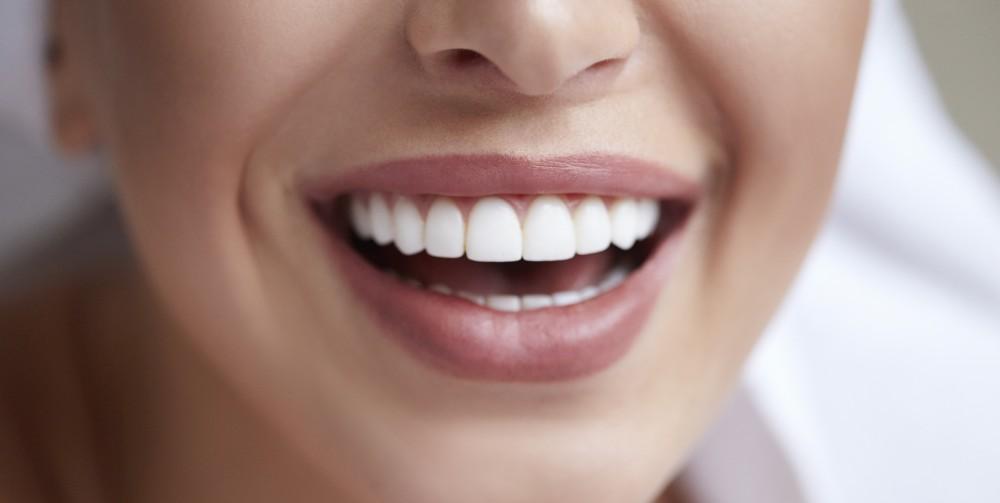
Maintaining proper dental care practices is essential for ensuring a healthy smile and overall well-being. Neglecting oral hygiene can lead to various dental problems, including cavities, gum disease, and bad breath. Therefore, adopting a consistent dental care routine is crucial for preserving the health and appearance of your teeth and gums. If you’re looking for affordable dental care in Wantirna, our clinic offers competitive pricing without compromising on quality treatment.
Daily Oral Hygiene Routine
Brushing your teeth at least twice a day using fluoride toothpaste is fundamental for removing plaque and preventing cavities. Ensure you brush each tooth’s surface gently in a circular motion and don’t forget to brush your tongue to remove bacteria that can cause bad breath. Additionally, incorporating flossing into your daily routine helps remove food particles and plaque from between teeth, where your toothbrush can’t reach.
Choosing the Right Toothbrush and Toothpaste
Selecting the appropriate toothbrush and toothpaste is vital for effective oral hygiene. Opt for a toothbrush with soft bristles and a comfortable grip, and replace it every three to four months or sooner if the bristles appear worn. When choosing toothpaste, look for one that contains fluoride to strengthen enamel and prevent tooth decay.
Dietary Habits for Dental Health
Your diet plays a significant role in your dental health. Limit your intake of sugary and acidic foods and beverages, as they can contribute to tooth decay and erosion. Instead, focus on consuming a balanced diet rich in fruits, vegetables, lean proteins, and dairy products to support healthy teeth and gums.
Regular Dental Check-ups
Regular dental check-ups are crucial for maintaining optimal oral health. Schedule biannual visits to your dentist for professional cleanings and examinations. These appointments allow your dentist to identify and address any potential issues early, preventing them from escalating into more significant problems.
Avoiding Tobacco Products
Tobacco use poses serious risks to oral health, including gum disease, tooth decay, and oral cancer. If you currently use tobacco products, consider quitting to protect your teeth and gums. Seek support from healthcare professionals or support groups to help you kick the habit for good.
Protecting Teeth from Injury
Participating in sports or recreational activities increases the risk of dental injuries. Wear a mouthguard during physical activities to shield your teeth from impact and reduce the likelihood of fractures or dislodgements. Additionally, avoid using your teeth as tools to open packages or bottles to prevent chips or cracks.
Managing Dental Anxiety
Many individuals experience anxiety or fear when visiting the dentist, leading them to avoid essential dental care. Practice relaxation techniques such as deep breathing or visualization to alleviate dental anxiety. Communicate openly with your dentist about your concerns to help them tailor your experience to make you feel more comfortable.
Dealing with Bad Breath
Persistent bad breath, or halitosis, can be embarrassing and indicate underlying dental issues. Maintain good oral hygiene practices, including brushing your teeth, tongue, and gums, and flossing daily to eliminate odor-causing bacteria. Stay hydrated and avoid foods with strong odors, such as garlic and onions, to keep your breath fresh.
Understanding Gum Disease
Gum disease, also known as periodontal disease, is a common oral health condition characterized by inflammation and infection of the gums. Symptoms include red, swollen gums, bleeding during brushing or flossing, and persistent bad breath. Prevent gum disease by practicing good oral hygiene and attending regular dental check-ups.
Tooth Sensitivity Management
Tooth sensitivity can occur due to various factors, including enamel erosion, gum recession, or tooth decay. Use a desensitizing toothpaste containing potassium nitrate to alleviate sensitivity and avoid consuming overly hot, cold, or acidic foods and beverages. If sensitivity persists, consult your dentist for further evaluation and treatment options.
Importance of Proper Tongue Cleaning
Cleaning your tongue is an essential aspect of maintaining good oral hygiene. Use a tongue scraper or your toothbrush to gently remove bacteria, food debris, and dead cells from the surface of your tongue. This practice not only helps prevent bad breath but also reduces the risk of oral infections and improves overall oral health.
Impact of Stress on Dental Health
Stress can negatively impact your oral health by contributing to teeth grinding, jaw clenching, and gum disease. Practice stress-reducing activities such as meditation, yoga, or exercise to alleviate tension and protect your teeth and gums from the harmful effects of stress.
Incorporating Mouthwash into Oral Hygiene Routine
Mouthwash can complement your oral hygiene routine by killing bacteria, freshening breath, and reducing plaque buildup. Choose an alcohol-free mouthwash containing fluoride and antibacterial ingredients for optimal results. Incorporate mouthwash into your daily routine by rinsing for 30 seconds after brushing and flossing.
Conclusion
Maintaining good dental care habits is essential for achieving a healthy smile and preventing dental problems. By following the essential tips outlined above, you can ensure the longevity and vitality of your teeth and gums. Remember to brush and floss daily, attend regular dental check-ups, and make healthy lifestyle choices to support your oral health.


